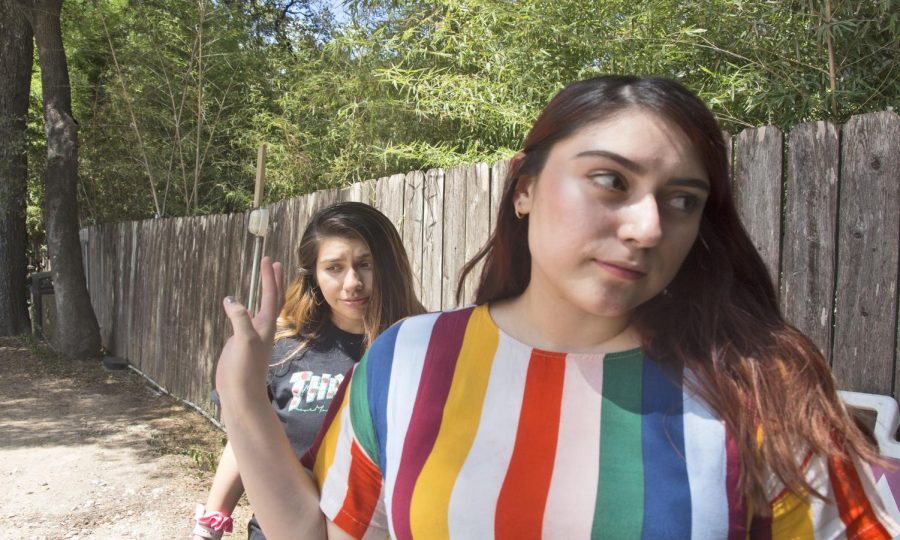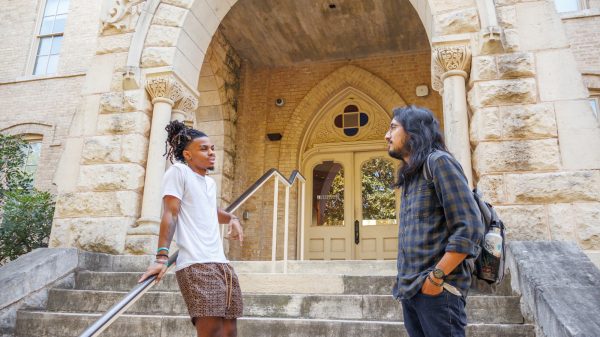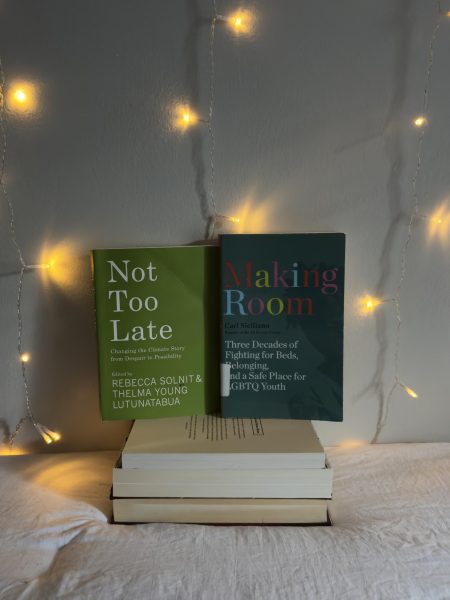FACE OFF: My words have weight, allow people of color to speak for themselves
Tense racial conflicts can arise, even amongst close friends.
The nation is becoming more divided.
The perception of racial disparities differs between white and non-white Americans. According to a poll taken by the Pew Research Center in 2014, 50 percent of white people believe black citizens are treated less fairly than white citizens in dealing with the police, while 84 percent of nonwhites believe the same.
This 30 percent gap in opinion is present in polls about the fairness blacks receive in court systems as well as when applying for loans or mortgages, in the workplace, in stores and restaurants and when voting.
This growing tension surrounding race is infiltrating our everyday lives and has given rise to the “fake white friend.” This is the friend who likes to talk about race issues while also leaving their friends of color to fend for themselves whenever they feel threatened by a conversation.
Some people think that, as a friend, it is only right that their white friends stand up for them in these kinds of situations. I am not one of these people.
I would not like my white friends to defend me in a conversation about my race for two reasons.
One, by waiting for your friends to come to your rescue when in an argument, you are giving off the impression that their words hold more weight than your own. Did my aggressor back off because of what I said or what my white friend said?
Second, I believe the issue must be solved at a personal level before we can make major changes as a nation. If I am being verbally attacked because of my race, then how I internalize it is my problem.
Martin Luther King Jr. relied on his patience to get through the Civil Rights Movement. Mahatma Gandhi promoted peace. Sure, both died before seeing the fruits of their legacies, but their methods worked.
What it boils down to is this: do not internalize their insults. If what the other person says isn’t true, why get offended? If it is true, why get offended? This guides me to peace.
I don’t think all “fake white friends” are trying to be fake. Unfortunately, their possible good intentions may come off as insincere which can hurt more than help. Some may back out of a conversation they feel threatened by because they have never experienced the kind of interactions many non-white Americans go through every day.
Instead, I want my friends to defend me when I’m not around, when it really matters. Race is a heated topic that will keep coming up and if your white friend is truly passionate about race issues, then they don’t need you there to prompt them into action.
People have become more vocal and, in many ways, this is a good thing. We should be excited that people are angry because oftentimes anger breeds action and action, change. And isn’t change the ultimate goal in all this?






